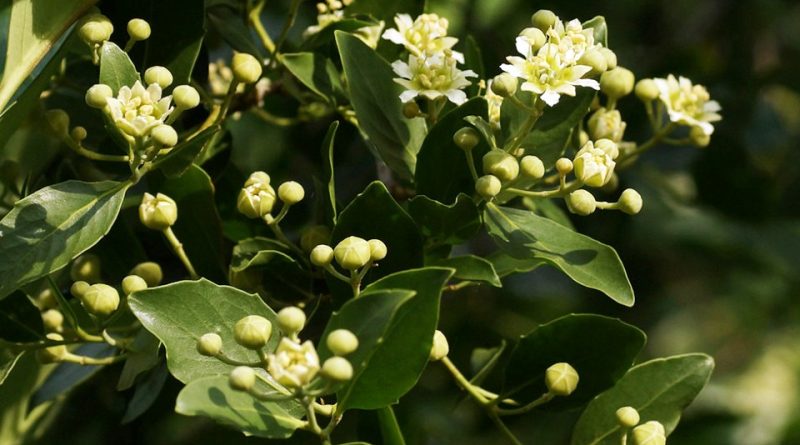
The recent discovery surrounding the Chilean soapbark tree (Quillaja saponaria) represents a significant stride in sustainable vaccine production, marking a pivotal moment for global health and environmental conservation. Researchers at the John Innes Centre have successfully replicated a crucial vaccine ingredient, QS-21, in an alternative plant host, shifting the paradigm in vaccine adjuvant production.
The Critical Role of QS-21 in Vaccines
QS-21, a potent vaccine adjuvant derived from the soapbark tree, plays a key role in stimulating the body’s immune response to vaccines. It is a critical component in vaccines for diseases such as shingles, malaria, and others under development. However, sourcing QS-21 directly from the soapbark tree has raised concerns about environmental sustainability, considering the tree’s limited distribution and the high demand for the compound.
A Game-Changing Bioengineering Feat
Addressing the sustainability challenge, the research team utilized the genome sequence of the soapbark tree to identify the genes and enzymes necessary for QS-21 production. By transferring these genes to tobacco plants, the researchers accomplished the ‘free-from-tree’ production of QS-21. This method not only allows for more sustainable production but also offers a platform to investigate and improve vaccine adjuvants.
Implications for Vaccine Industry and Society
The ability to produce QS-21 in a heterologous expression system, such as tobacco plants, has far-reaching implications. It opens doors for the bioengineering of vaccine adjuvants, enabling the creation of tailored compounds to enhance the human immune response to vaccines. Furthermore, this breakthrough holds great promise for addressing issues of scale and toxicity associated with adjuvant production.
Personal and Societal Impact
The project’s lead researchers have expressed the profound scientific and societal impact of this discovery. Not only does it represent a significant scientific achievement, but it also contributes positively to global health and vaccine sustainability. This innovation exemplifies how scientific research can yield both intellectual fulfillment and substantial societal benefits.
Looking Ahead: A Sustainable Future for Vaccines
The soapbark discovery is a testament to the power of scientific collaboration and innovation in tackling global challenges. By enabling sustainable production of a key vaccine ingredient, this breakthrough sets a precedent for future research in vaccine development and environmental stewardship.
